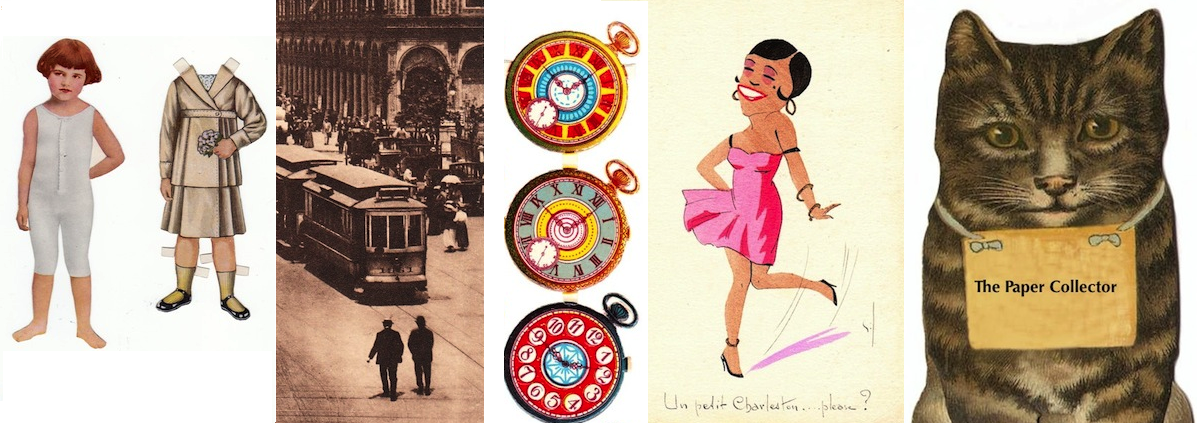A collage I made last year at a workshop at the Art School at Old Church in Demarest, NJ.
The Triangle Shirtwaist Factory fire occurred 105 years ago in New York City. Factory doors were shut against theft, and when a fire that began in a trash bin engulfed three floors, the workers -- many of them young immigrant women -- were trapped. Some jumped to their deaths from the 8th and 9th floors of the building. In the end 146 workers perished. The tragedy was a turning point in labor history.
In the crowd, watching the disaster unfold, was Frances Perkins. She called that awful day, "The day the New Deal was born." Perkins, who was already involved with aiding immigrants and the poor, would go on to become FDR's labor secretary in 1933, the first woman to hold a cabinet post.
From The Francis Perkins Center website:
In 1934, Roosevelt appointed Frances Perkins to head a Committee on Economic Security, where she forged the blueprint of legislation finally enacted as the Social Security Act. Signed into law by the President on August 14, 1935, the Act included a system of old age pensions, unemployment compensation, workers’ compensation and aid to the needy and disabled.
In 1938, Congress enacted the Fair Labor Standards Act, also crafted with the support of Perkins, establishing a minimum wage and maximum work hours and banning child labor.
At the time of Roosevelt’s death in April of 1945, Frances Perkins was the longest serving labor secretary and one of only two cabinet secretaries to serve the entire length of the Roosevelt Presidency. In 1944, a piece portraying Frances Perkins in Collier’s magazine described her accomplishments over the previous twelve years as “not so much the Roosevelt New Deal, as … the Perkins New Deal.” She had accomplished all but one of the items on the agenda she had presented to the newly elected President in February of 1933: universal access to health care.

No comments:
Post a Comment